Discover The Unspeakeasy With Meghan Daum
The Unspeakeasy With Meghan Daum

The Unspeakeasy With Meghan Daum
Author: Meghan Daum
Subscribed: 509Played: 29,660Subscribe
Share
© 2021
Description
Author, essayist and journalist Meghan Daum has spent decades giving voice—and bringing nuance, humor and surprising perspectives—to things that lots of people are thinking but are afraid to say out loud. Now, she brings her observations to the realm of conversation. In candid, free-ranging interviews, Meghan talks with artists, entertainers, journalists, scientists, scholars, and anyone else who's willing to do the "unspeakable" and question prevailing cultural and moral assumptions.
239 Episodes
Reverse
Why is it so difficult to find meaningful help for the severely mentally ill, including those exhibiting patterns of violence? And why has this question become politicized? Policy expert and practicing psychiatrist Dr. Sally Satel is not typically a fan of Donald Trump, but she agrees with the president's recent executive order on mental health policy. That order called for "shifting homeless individuals into long-term institutional settings for humane treatment through the appropriate use of civil commitment to restore public order." This issue, she says, should not be about politics but about getting both parties to grapple with the full dimensions of serious mental illness as it relates to public health. In this episode, we talk about what drew Sally to this field, why "harm reduction" can be a flimsy approach, and why we so desperately need more beds in psychiatric units. We also discuss last summer's horrific case in Charlotte, N.C., where a young woman was stabbed to death by a man whose mother had tried to have him committed for psychosis. Guest Bio: Sally Satel, M.D., a senior fellow at the American Enterprise Institute and a practicing psychiatrist and lecturer at the Yale University School of Medicine, examines mental health policy as well as political trends in medicine. Become a paying subscriber to The Unspeakeasy and get lots of perks, including access to monthly hangouts for Founding Members. https://www.theunspeakablepodcast.com/ I'm teaching a Zoom writing workshop in Memoir and Personal Essay, Jan 6 through Feb 24, 2026. Apply by Dec 5. https://www.theunspeakablepodcast.com/p/next-writing-course-starts-jan-6 The Unspeakeasy 2026 retreat schedule has been announced! https://theunspeakeasy.com/retreats Order my book, The Catastrophe Hour: Selected Essays, on Amazon or directly from the publisher https://www.nyrb.com/products/the-catastrophe-hour.
This week, Ben Appel joins me to talk about his new book, Cis White Gay: The Making of a Gender Heretic, a memoir about leaving one kind of cult only to stumble into another. Raised in a rigid Christian community, Ben found refuge in the gay rights movement and, later, the Ivy League—until "allyship" started to look less like solidarity and more like a loyalty oath. We discuss • Why he chose the deliberately provocative title Cis, White, Gay — and what reactions revealed about current identity politics. • How queer "community" has become increasingly moralized, hierarchical, and policed — and what gets lost when dissent is framed as betrayal. • The difference between taste and taboo — and how aesthetic preferences are now treated as political statements. • Why "representation" has replaced excellence as the highest cultural virtue. • How literary gatekeeping operates today — from publishers and prize committees to informal online watchdogs. • The loneliness of ideological nonconformity in queer and creative circles. • The professional and social costs of questioning orthodoxy — including lost friendships, lost opportunities, and subtle blacklisting. Guest Bio: Ben Appel is a writer and commentator whose memoir, Cis White Gay, traces his path from a strict Christian sect to progressive activism—and his break with movement orthodoxy; he's written for outlets like Newsweek, UnHerd, and more, and publishes on Substack. Become a paying subscriber to The Unspeakeasy and get lots of perks, including access to monthly hangouts for Founding Members. https://www.theunspeakablepodcast.com/ I'm teaching a Zoom writing workshop in Memoir and Personal Essay, Jan 6 through Feb 24, 2026. Apply by Dec 5. https://www.theunspeakablepodcast.com/p/next-writing-course-starts-jan-6 The Unspeakeasy 2026 retreat schedule has been announced! https://theunspeakeasy.com/retreats Order my book, The Catastrophe Hour: Selected Essays, on Amazon or directly from the publisher https://www.nyrb.com/products/the-catastrophe-hour.
My guest is Dr. Sunita Puri, a palliative-care physician and author of That Good Night: Life and Medicine in the Eleventh Hour. We talk about what it really means to care for patients when cure is no longer the goal, why our medical system resists honest conversations about death, and how clarity and compassion can coexist at the end of life. Topics we cover: • What palliative care really provides (beyond hospice) • Why "more treatment" ≠ "more life" • Prognosis, probabilities, and telling the truth kindly • How families can ask the right questions • Documentation that matters (and what to avoid) • The moral distress of clinicians • Cultural/faith factors that shape decisions • Dignity, autonomy, and realistic hope Guest Bio: Dr. Sunita Puri is an Associate Professor of Medicine at the University of California, Irvine School of Medicine, where she is the Director of the Inpatient Palliative Care Service. She has written for The New Yorker, The New York Times, and The Atlantic, among other publications. She is the author of That Good Night: Life and Medicine in the Eleventh Hour, a critically acclaimed literary memoir examining her journey to the practice of palliative medicine, and her quest to help patients and families redefine what it means to live and die well in the face of serious illness.
Less than 24 hours after her Compact essay, "The Great Feminization," set off a thousand group texts, writer Helen Andrews joined to talk about what she means by "feminization," why the 2020 moral fervor looked the way it did, and how workplace culture shifts when women become the numerical majority. We also compare "agreeableness" with the kind of conflict that actually moves ideas forward (and where each belongs). In this episode we discuss: How Helen defines "the great feminization" and why she thinks it explains contemporary "wokeness" What changes when institutions tip female—journalism, academia, law, nonprofits HR-ification, hostile-environment law, and why managers vs. judges should handle culture Agreeableness as a social virtue—and a professional liability in truth-seeking fields Innovation, risk tolerance, and the gendered vibes around tech, nuclear power, and exploration Whether "women in STEM" initiatives help, hurt, or just rebrand office politics About the guest: Helen Andrews is a senior editor at The American Conservative and author of Boomers: The Men and Women Who Promised Freedom and Delivered Disaster. Her new Compact essay is "The Great Feminization."
This week I interview journalist and author Olga Khazan about her new book on personality change, Me, But Better. We talk about the Big Five traits—openness, conscientiousness, extraversion/introversion, agreeableness, and neuroticism—and how they play out in ordinary life rather than in personality quizzes. Olga explains what research actually shows about how much you can change, how anxiety and depression tie into neuroticism, and why introversion can quietly turn into isolation. We also discuss everyone's favorite personality expert, Carl Jung, the politics of "openness," what's happened to our social lives since the pandemic, and how the culture of "self-care" has blurred into hiding from the world. Other threads include: • The science behind gradual, behavioral change instead of "life hacks" • How "fake it till you make it" can work without faking yourself entirely • Gender differences in agreeableness and the social cost of being direct • Why liberals often score higher on neuroticism—and what that might really mean • The relationship between personality, motherhood, and the urge to optimize everything Guest Bio: Olga Khazan is a staff writer for The Atlantic and the author, previously, of Weird. She is a two-time recipient of journalism fellowships from the International Reporting Project and the winner of the 2017 National Headliner Award for Magazine Online Writing.
Novelist and screenwriter Bruce Wagner returns to discuss his exceptionally timely new novel Amputation—a strange, exuberant, and ultra meta work set against a topic I've talked about a lot this year, the January LA wildfires. Bruce, an L.A. native and prominent literary figure in the city, explains how the book came together in less than two months, why he resists "political novels" even when writing inside a political moment, and how language (not legacy) keeps him making art. We also talk about real-life figures who appear as characters (Stephen Colbert, Mayor Karen Bass, Debra Winger, and a Timothée Chalamet student double, among others), the surrealism of driving through miles of leveled neighborhoods, and the deranged comic-tragic chorus of the Nextdoor app. Bruce also reflects on being an L.A. "outsider who outsided his way inside," why the book is opera, not noir, and what it means to keep walking the "narrow, burning road to the palace." Guest Bio: Bruce Wagner is the author of fifteen novels, including the "cell phone" trilogy, The Marvel Universe, The Met Gala and Tales of Saints and Seekers, Roar: American Master, and now Amputation. A longtime Hollywood insider/outsider, he has written for film and television and is currently published by Arcade.
Katie Herzog, co-host of the Blocked and Reported podcast (BarPod), is best known as an anthropologist of, as she puts it, "internet bullshit." But she's swerved far out of her lane for her latest project. In her brand new book, Drink Your Way Sober, Katie combines personal history with deep reporting to chronicle a lifetime of drinking and explain how a little-known drug called naltrexone, combined with an approach called The Sinclair Method, finally allowed her to quit for good. They also get into why young people are drinking less, what the "California sober" trend actually means, and how Katie's own story fits into the larger debate about moderation versus abstinence. Plus: real estate, dogs, and how we're feeling about the state of independent journalism and their own longterm survival. Guest Bio: Katie Herzog is a journalist living in the Pacific Northwest. She is the host of the podcast Blocked and Reported.
Photojournalist Jeremy Lee Quinn has spent years documenting protests, rallies, and moments of public unrest that often look very different on the ground than they do on the evening news. In this conversation, he talks with Meghan about what really happens when a "mostly peaceful protest" turns chaotic, how viral clips can erase context, and why the incentives of freelance journalism can skew coverage. They also discuss what it takes to build trust with sources across ideological divides, the ethics of filming in volatile environments, and how ordinary viewers can tell when the narrative doesn't match reality. Topics include: • The gap between local experience and national headlines • "Mostly peaceful" framing vs. street-level truth • Freelance journalism, safety, and incentives • Crossing lines without becoming the story • Why viral video is a poor substitute for context • What citizens should know about media literacy About the guest Jeremy Lee Quinn is a photojournalist and reporter who has covered protests and political unrest since 2020. His forthcoming book is Culture of Confusion. He posts most actively as @JeremyReporter (Instagram, Facebook) and also writes on Substack and X/Twitter.
After years of institutional groupthink and policy whiplash, what have we actually learned—and what are we still not allowed to ask? Lisa Selin Davis returns to discuss the evidence (and non-evidence) around youth gender medicine, talk about the ongoing taboo and confusion around AGP (autogynephilia), and consider how to hold two truths at once: some people report thriving post-transition while others were clearly harmed. In this episode, we discuss / talk about: How "don't question it" became a default and why that stalled real inquiry What the evidence actually says (and doesn't) about pediatric interventions Thriving vs. harm: talking about real outcomes without slogans Gender clinics closing under political pressure—who might be quietly relieved, and why AGP: why it's still taboo and how that affects research and discourse The NFL cheerleader controversy and what it revealed about intellectual consistency "Stopping" vs. "ending": Lisa's framework for irreversible choices and life after medicalization About the guest Lisa Selin Davis is the author of two novels and two nonfiction books, with a forthcoming book on the culture of trans kids and gender identity. She writes the Substack BROADview.
Dr. Andrew Hartz is a practicing clinical psychologist and the founder of the Open Therapy Institute, an organization dedicated to overcoming sociopolitical bias in the mental health field. He was last here in 2023 and returns now to talk about what's changed—and what hasn't—in the mental-health landscape since then. We discuss the rise of "everyday dissociation," how screens and Zoom relationships dull presence and feeling, and why talk therapy can miss the mark when the problem is disconnection from the body. Andrew also explains how anxiety became a form of social currency (from dating to testing accommodations), the overuse of diagnostic labels online, and why Acceptance and Commitment Therapy (ACT) offers a saner path than endless self-rumination. Guest Bio: Andrew Hartz is the Founder, President, and Executive Director of the Open Therapy Institute. He's also a practicing clinical psychologist and was formerly a professor in the clinical psychology doctoral program at Long Island University, where he also completed his Ph.D. He's been featured in the New York Times, on The Dr. Drew Podcast, on Dr. Phil Primetime, and in The Free Press and has written about political issues and mental health for outlets such as the Wall Street Journal, City Journal, Discourse, Heterodox Academy, the New York Post, and Quillette.
Novelist, essayist, and publishing coach Leigh Stein returns to the show to discuss her new gothic-inspired novel, If You're Seeing This, It's Meant for You. Set in a Los Angeles "hype house," the book follows a 39-year-old woman managing a mansion full of TikTok influencers—and confronting the realities of aging out of digital media. Leigh talks about the inspirations behind the novel, from a Frank Lloyd Wright house to parasocial relationships to the controversies around Joan Didion's private papers. We also explore bigger questions: the future of Substack, fandom as a cultural force, the blurred line between art and content, and how young writers can navigate the creator economy. Along the way we get into Coldplay-Gate, public shaming as a modern scarlet letter, and what it really means to make a living while making art. About the Guest: Leigh Stein is the author of six books, including the satirical novel Self Care and her latest gothic novel, If You're Seeing This, It's Meant for You. Her writing has appeared in The New York Times, The Washington Post, The New Yorker online, Airmail, Allure, ELLE, BuzzFeed, The Cut, Salon, and Slate.
This week, I welcome back Rob Henderson, the social psychologist, author, and commentator who coined the concept of luxury beliefs: ideas that confer status on the upper class while inflicting real costs on lower-income communities. Rob was last here in early 2024 discussing his memoir, Troubled: A Memoir of Foster Care, Family, and Social Class, which chronicles his journey through California's foster system to the Air Force, and onward to Yale and Cambridge. In this conversation, we explore what he's been thinking about since the book's release—particularly the so-called "mating crisis," why many young people delay or avoid partnerships and family, and what that means for the future. We also dissect the emergence of Zohran Mamdani, the New York City mayoral hopeful who, according to Rob (and I would concur), embodies luxury beliefs in action. Finally, Rob answers questions from Substack readers. Rob will be a speaker at our Unspeakeasy Small Gathering for Big Ideas weekend, October 11-12 in New York City. Programming and ticketing info here. GUEST BIO Rob Henderson is the author of Troubled: A Memoir of Foster Care, Family, and Social Class. He grew up in foster homes in Los Angeles and in the rural town of Red Bluff, California. After enlisting in the U.S. Air Force at the age of seventeen, he subsequently attended Yale on the GI Bill and was then awarded the Gates Cambridge Scholarship to study at the University of Cambridge, where he obtained a PhD in psychology in 2022. He is currently a Senior Fellow at the Manhattan Institute, and his Substack newsletter is sent each week to more than 70 thousand subscribers. HOUSEKEEPING 📖 Order my new book, The Catastrophe Hour: Selected Essays, on Amazon or directly from the publisher here. 📘 The Catastrophe Hour book club for yearly paying subscribers starts June 11 and will run for 14 consecutive Wednesdays, 3-4 pm ET. We will meet on Zoom. Stuff to read and listen to: New York Times, Jan 31, 2025: The L.A. Fires Taught Me To Accept Help Recent(ish) solo episodes: January 9: The First 24 Hours January 16: The Immaterial World January 27: Housing Wars February 5: Remembrance Of Things Past February 13: What Is A "Catastrophe?" March 2: A Mental Infection March 31: Dignity Is Out Of Style 📺 Visit The Unspeakable on YouTube. ✈️ The Unspeakeasy's 2025 retreat season is underway. It includes a COED retreat with more attendees and multiple speakers. October 11-12 in New York City. Programming and ticketing info here.
This is the full version of the Aug 4 episode, now available to all subscribers. Author, New York Times columnist, and superstar linguist John McWhorter returns to the pod to catch us up on what's been on his mind now that the Woke Emergency is over . . . or is it over? We talk about how figures like Robin D'Angelo and Ibram X. Kendi have receded from the spotlight and then move on to more pressing questions topics, such as whether New York City mayoral candidate Zohran Mamdani's "I vs me" confusion is disqualifying (I say yes), whether a smart person would say "stupider" or "more stupid," when it became acceptable to say "anyways," and why kids today have substituted "based off" for "based on." We also discuss John's long-running conversations with economist Glenn Loury on The Glenn Show and how their divergent views on the Trump phenomenon have changed (and also not changed) the dynamics of their discussions. (Listen to my 2024 interview with Glenn Loury here.) John reflects on Glenn's 2024 memoir and explains why he would be reluctant to expand the personal writing in his columns into an entire book. Finally, we talk about the definition of a public intellectual and why so many people with microphones count themselves as such. Would a legendary public intellectual like Susan Sontag have adapted to the YouTube era? What John has to say might surprise you. John McWhorter is one of several speakers featured at the Unspeakeasy Small Gathering for Big Ideas rereat in New York City October 11-12, 2025. Find out more at https://theunspeakeasy.com/nyc. GUEST BIO John McWhorter writes a weekly newsletter for The New York Times, is a professor of linguistics at Columbia University, and the author or more than 20 books, most recently Pronoun Trouble, Nine Nasty Words, and Woke Racism. HOUSEKEEPING Order my new book, The Catastrophe Hour: Selected Essays, on Amazon or directly from the publisher here. Join the listener and reader community by subscribing to my Substack at theunspeakablepodcast.com. Visit The Unspeakable on YouTube.
This week I'm joined by Alana Newhouse, journalist, cultural critic, and founder/editor-in-chief of Tablet Magazine. Since launching Tablet in 2009, Alana has carved out a space for nuanced and surprising reporting on Jewish identity and the larger cultural questions shaping those issues, as well as the broader issues of our time. We discuss her 2021 essay, Everything Is Broken, in which she diagnoses systemic failures in medicine, media, education, and culture. Alana traces these breakdowns to a pervasive cultural force she calls flatness — the drive toward frictionless interaction, simplified narratives, and ideological conformity. Drawing from her own story of navigating a medical crisis with her own child, Alana exposes how even privileged, insured families can be failed by institutions. She also offers a blueprint for repair: embracing complexity, friction, unpredictability, and deep creative engagement. Alana will be a guest speaker at our Unspeakeasy Small Gathering for Big Ideas weekend, October 11-12 in New York City. Programming and ticketing info here. Are you a fan of what Alana has done at Tablet? Show your love (and get a big discount) by using promo code ALANA1800 at checkout. GUEST BIO Alana Newhouse is the founder and editor-in-chief of Tablet Magazine. Want to hear the whole conversation? Upgrade your subscription here. HOUSEKEEPING 📖 Order my new book, The Catastrophe Hour: Selected Essays, on Amazon or directly from the publisher here. 📘 The Catastrophe Hour book club for yearly paying subscribers starts June 11 and will run for 14 consecutive Wednesdays, 3-4 pm ET. We will meet on Zoom. More info here. 🗽 Live event in NYC on Sept 3! Come see me discuss The Catastrophe Hour with bestselling novelist and columnist Lionel Shriver (catch my recent interview with Lionel here). The Village Underground, 6 pm. Tickets and info [here](http://paid%20subscribers%20get%20access%20to%20my%20entire%20interview%20with%20rachel%20mason.%20to%20hear%20the%20entire%20conversation,%20become%20a%20paying%20subscriber%20here./).
This week, I'm joined by author Kelsey Osgood to discuss her recent book "Godstruck: Seven Women's Unexpected Journeys To Religious Conversion." The book, which profiles women who traded secular lives for religious communities such as the Church of Jesus Christ of Latter-day Saints, evangelical Christianity, Quakerism, Orthodox Judaism, Saudi-based Islam, and even the Amish faith, is fascinating in its own right. But we also discuss Kelsey's previous book about her struggle with and recovery from anorexia, which overlaps with her religious transformation in some surprising ways. In that book, How To Disappear Completely, Kelsey wrote not just about anorexia itself but the culture surrounding it, notably the "peak sad girl" era of the late 1990s through early 2000s. The therapeutic approach that accompanied it, she argues, took universal human questions that have been asked for millennia and repackaged them as personal neuroses to be indulged and then solved — or, more often, deemed unsolvable. Her conversion to Judaism and participation in an Orthodox community helped reframe her entire way of thinking and changed her life for the better. GUEST BIO Kelsey Osgood is the author of How to Disappear Completely: On Modern Anorexia, which was chosen for the Barnes & Noble Discover Great New Writers Program, and Godstruck: Seven Women's Unexpected Journeys to Religious Conversion, which came out in April from Viking. Her work has appeared online or in print at The Atlantic, The New York Times, Harper's, and the New Yorker, among other outlets. HOUSEKEEPING 📖 Order my new book, The Catastrophe Hour: Selected Essays, on Amazon or directly from the publisher here. 📘 The Catastrophe Hour book club for yearly paying subscribers starts June 11 and will run for 14 consecutive Wednesdays, 3-4 pm ET. We will meet on Zoom. 📹 The Unspeakeasy Live livestream takes place every Thursday at 3:00 p.m. ET. Look for a notification on your Substack app when we're live. Stuff to read and listen to: New York Times, Jan 31, 2025: The L.A. Fires Taught Me To Accept Help Recent(ish) solo episodes: January 9: The First 24 Hours January 16: The Immaterial World January 27: Housing Wars February 5: Remembrance Of Things Past February 13: What Is A "Catastrophe?" March 2: A Mental Infection March 31: Dignity Is Out Of Style 📺 Visit The Unspeakable on YouTube. ✈️ The Unspeakeasy's 2025 retreat season is underway. It includes a just-announced COED retreat with more attendees and multiple speakers. October 11-12 in New York City. Programming and ticketing info here.
September 3 in NYC at 6 pm, I'll be in conversation with Lionel live at The Village Underground. Tix available here. Use promo code CATASTROPHE18 at checkout for a discount. Bestselling novelist and beloved (and occasionally be-hated) columnist Lionel Shriver returns to the podcast to talk about several topics, including her most recent novel, Mania. In that novel, she imagines a society under the grip of "mental parity," a concept arguing that all individuals possess equal intelligence and no one should be given greater credence or responsibility because of the perception that they are smarter. We also discuss our own intelligence (are we really all that smart?) and wonder what makes us so resistant to groupthink in politics and daily life, especially around movements like #MeToo, Black Lives Matter, and gender ideology. In search of a lighter topic, we finally move on to . . . immigration. (Oops.) As a Los Angeles resident, I've been alarmed by the ICE raids in my community, and I'm quite upset about the Trump administration's policies. As a longtime expatriate in the U.K. and as the author of a forthcoming novel about immigration (A Better Life, coming in February 2026), Lionel sees things a little differently. GUEST BIO A prolific journalist with a fortnightly column in Britain's The Spectator, Lionel Shriver has written widely for the New York Times, the London Times, the Financial Times, Harper's Magazine, and many other publications. Her first nonfiction book, ABOMINATIONS: Selected Essays from a Career of Courting Self-destruction, was published in 2022. It joins a story collection and fifteen novels, including Mania, Should We Stay or Should We Go, The Mandibles, and We Need to Talk About Kevin (a 2011 film starring Tilda Swinton). Her work has been translated into 35 languages. Her latest novel A Better Life, focused on immigration, will be out in early 2026. UPCOMING EVENT: Once again, if you enjoyed this interview, join me in NYC on September 3 at The Village Underground for a conversation with Lionel about The Catastrophe Hour as well as her work. Topics will include (but are not limited to) death, sex, real estate, dogs, beauty, grief, aging, cancelation, incels, femcels, self-destruction, natural disasters, pronatalism, anti-natalism, human intelligence, and cultural stupidity. Doors open at 5:15, show starts at 6pm. Tix available here. Use promo code CATASTROPHE18 at checkout for a discount. HOUSEKEEPING 📖 Order my new book, The Catastrophe Hour: Selected Essays, on Amazon or directly from the publisher here. 📘 The Catastrophe Hour book club for yearly paying subscribers starts June 11 and will run for 14 consecutive Wednesdays, 3-4 pm ET. We will meet on Zoom. Stuff to read and listen to: New York Times, Jan 31, 2025: The L.A. Fires Taught Me To Accept Help Recent(ish) solo episodes: January 9: The First 24 Hours January 16: The Immaterial World January 27: Housing Wars February 5: Remembrance Of Things Past February 13: What Is A "Catastrophe?" March 2: A Mental Infection March 31: Dignity Is Out Of Style 📺 Visit The Unspeakable on YouTube. ✈️ The Unspeakeasy's 2025 retreat season is underway. It includes a COED retreat with more attendees and multiple speakers. October 11-12 in New York City. Programming and ticketing info here.
This week, I'm joined by author Kelsey Osgood to discuss her recent book "Godstruck: Seven Women's Unexpected Journeys To Religious Conversion." The book, which profiles women who traded secular lives for religious communities such as the Church of Jesus Christ of Latter-day Saints, evangelical Christianity, Quakerism, Orthodox Judaism, Saudi-based Islam, and even the Amish faith, is fascinating in its own right. But we also discuss Kelsey's previous book about her struggle with and recovery from anorexia, which overlaps with her religious transformation in some surprising ways. In that book, How To Disappear Completely, Kelsey wrote not just about anorexia itself but the culture surrounding it, notably the "peak sad girl" era of the late 1990s through early 2000s. The therapeutic approach that accompanied it, she argues, took universal human questions that have been asked for millennia and repackaged them as personal neuroses to be indulged and then solved — or, more often, deemed unsolvable. Her conversion to Judaism and participation in an Orthodox community helped reframe her entire way of thinking and changed her life for the better. GUEST BIO Kelsey Osgood is the author of How to Disappear Completely: On Modern Anorexia, which was chosen for the Barnes & Noble Discover Great New Writers Program, and Godstruck: Seven Women's Unexpected Journeys to Religious Conversion, which came out in April from Viking. Her work has appeared online or in print at The Atlantic, The New York Times, Harper's, and the New Yorker, among other outlets. Want to hear the whole conversation? Upgrade your subscription here. HOUSEKEEPING 📖 Order my new book, The Catastrophe Hour: Selected Essays, on Amazon or directly from the publisher here. 📘 The Catastrophe Hour book club for yearly paying subscribers starts June 11 and will run for 14 consecutive Wednesdays, 3-4 pm ET. We will meet on Zoom. 📹 The Unspeakeasy Live livestream takes place every Thursday at 3:00 p.m. ET. Look for a notification on your Substack app when we're live. Stuff to read and listen to: New York Times, Jan 31, 2025: The L.A. Fires Taught Me To Accept Help Recent(ish) solo episodes: January 9: The First 24 Hours January 16: The Immaterial World January 27: Housing Wars February 5: Remembrance Of Things Past February 13: What Is A "Catastrophe?" March 2: A Mental Infection March 31: Dignity Is Out Of Style 📺 Visit The Unspeakable on YouTube. ✈️ The Unspeakeasy's 2025 retreat season is underway. It includes a just-announced COED retreat with more attendees and multiple speakers. October 11-12 in New York City. Programming and ticketing info here.
The next meeting of The Catastrophe Hour Book Club is scheduled for Wednesday, July 23, at 3:00 p.m. ET. We will discuss the fifth essay of the collection, Playlist of Tears. The book club meets for 14 consecutive Wednesdays at 3:00 p.m. ET. The book club is for yearly paid Substack subscribers only, so if you want to join, please upgrade your subscription at www.theunspeakablepodcast.com. About The Catastrophe Hour "One of our most important essayists . . . The Catastrophe Hour is proof that writers and readers can choose to engage with their lives in a manner that is radically disengaged with the pointless noise of the day." — Washington Examiner From the acclaimed author of The Unspeakable and The Problem with Everything comes a new collection of unputdownable essays. Written between 2017 and 2024, these essays are classic Meghan Daum, showcasing her wit, her intellect and her uncanny ability to throw new light on even the most ubiquitous of subjects. Arranged in the order that they were written, the essays touch on themes of aging, solitude, creative life, money, the changing media landscape, death, and the meaning of home. Daum's unflinching honesty and exacting observations secure her reputation as one of our most important and enduring essayists.
This episode starts with a Very Special introduction in which I explain what's been going on with the podcast over the last six months (lots of different offerings, which possibly caused some confusion) and talk about the ongoing challenges of the subscriber model. (Short version, please stick around!) I then have the great pleasure of interviewing evolutionary biologist Dr. Carole Hooven, who's been a speaker at several Unspeakeasy events but never actually a guest on the podcast. As we approach the four-year anniversary of the publication of her book, T: The Story of Testosterone, the Hormone that Dominates and Divides Us, Carole recounts how a media appearance defending "male" and "female" as meaningful scientific categories led to unexpected controversy and her eventual departure from Harvard, where she'd taught for many years. She talks about how ideological influence has made even basic scientific facts about sex contentious and cites the importance of precise use of language, especially on topics like sex differences and women's rights, which she feels have been muddied by cultural and political agendas. Most fascinatingly (to me, anyway), Carole argues that a predominantly female, progressive teaching culture favors girls' learning styles—while boys, wired differently by biology, are stigmatized and alienated. Meanwhile, it's become culturally verboten to even acknowledge men's intense sexual drives and emotional vulnerability, and she calls for a return to rites of passage that acknowledge male biology without shame. Finally, we talk about a recent controversy surrounding her husband, MIT philosophy professor Alex Byrne (who was a guest on the podcast back in March 2024), after he was invited to contribute to a U.S. Health and Human Services report on sex and gender. Although the team was politically diverse, Alex's name was leaked via PDF metadata, and he faced fierce criticism from activist students and colleagues. He responded with a Washington Post op-ed explaining his position. GUEST BIO Dr. Carole Hooven is a human evolutionary biologist, the author of T: The Story of Testosterone, the Hormone that Dominates and Divides Us, and a nonresident senior fellow at the American Enterprise Institute. HOUSEKEEPING 📖 Order my new book, The Catastrophe Hour: Selected Essays, on Amazon or directly from the publisher here. 📘 The Catastrophe Hour book club for yearly paying subscribers starts June 11 and will run for 14 consecutive Wednesdays, 3-4 pm ET. We will meet on Zoom. 📹 The Unspeakeasy Live livestream takes place every Thursday at 3:00 p.m. ET. Look for a notification on your Substack app when we're live. Stuff to read and listen to: New York Times, Jan 31, 2025: The L.A. Fires Taught Me To Accept Help Recent(ish) solo episodes: January 9: The First 24 Hours January 16: The Immaterial World January 27: Housing Wars February 5: Remembrance Of Things Past February 13: What Is A "Catastrophe?" March 2: A Mental Infection March 31: Dignity Is Out Of Style 📺 Visit The Unspeakable on YouTube. ✈️ The Unspeakeasy's 2025 retreat season is underway. It includes a just-announced COED retreat with more attendees and multiple speakers. October 11-12 in New York City. Programming and ticketing info here. Housekeeping 📺 Visit The Unspeakable on YouTube. ✈️ The Unspeakeasy has new retreats for 2025. We'll be in Texas, New York, Los Angeles, and more. 🥂 Join The Unspeakeasy, my community for freethinking women.
The next meeting of The Catastrophe Hour Book Club is scheduled for Wednesday, July 16, at 3:00 p.m. ET. We will discuss the fifth essay of the collection, Playlist of Tears. The book club meets for 14 consecutive Wednesdays at 3:00 p.m. ET. The book club is for yearly paid Substack subscribers only, so if you want to join, please upgrade your subscription at www.theunspeakablepodcast.com. About The Catastrophe Hour "One of our most important essayists . . . The Catastrophe Hour is proof that writers and readers can choose to engage with their lives in a manner that is radically disengaged with the pointless noise of the day." — Washington Examiner From the acclaimed author of The Unspeakable and The Problem with Everything comes a new collection of unputdownable essays. Written between 2017 and 2024, these essays are classic Meghan Daum, showcasing her wit, her intellect and her uncanny ability to throw new light on even the most ubiquitous of subjects. Arranged in the order that they were written, the essays touch on themes of aging, solitude, creative life, money, the changing media landscape, death, and the meaning of home. Daum's unflinching honesty and exacting observations secure her reputation as one of our most important and enduring essayists.


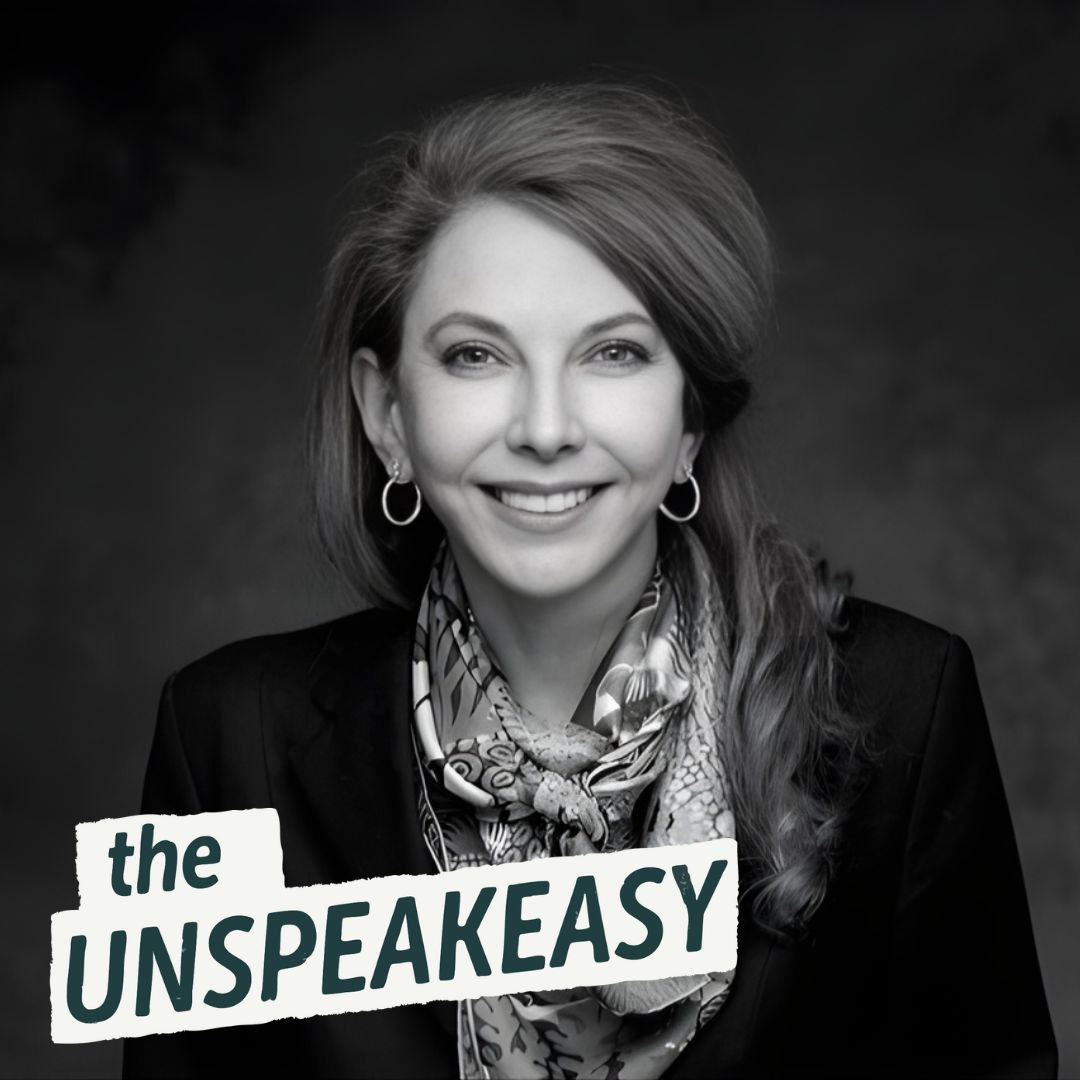
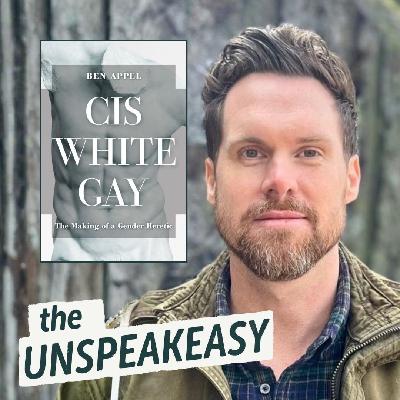

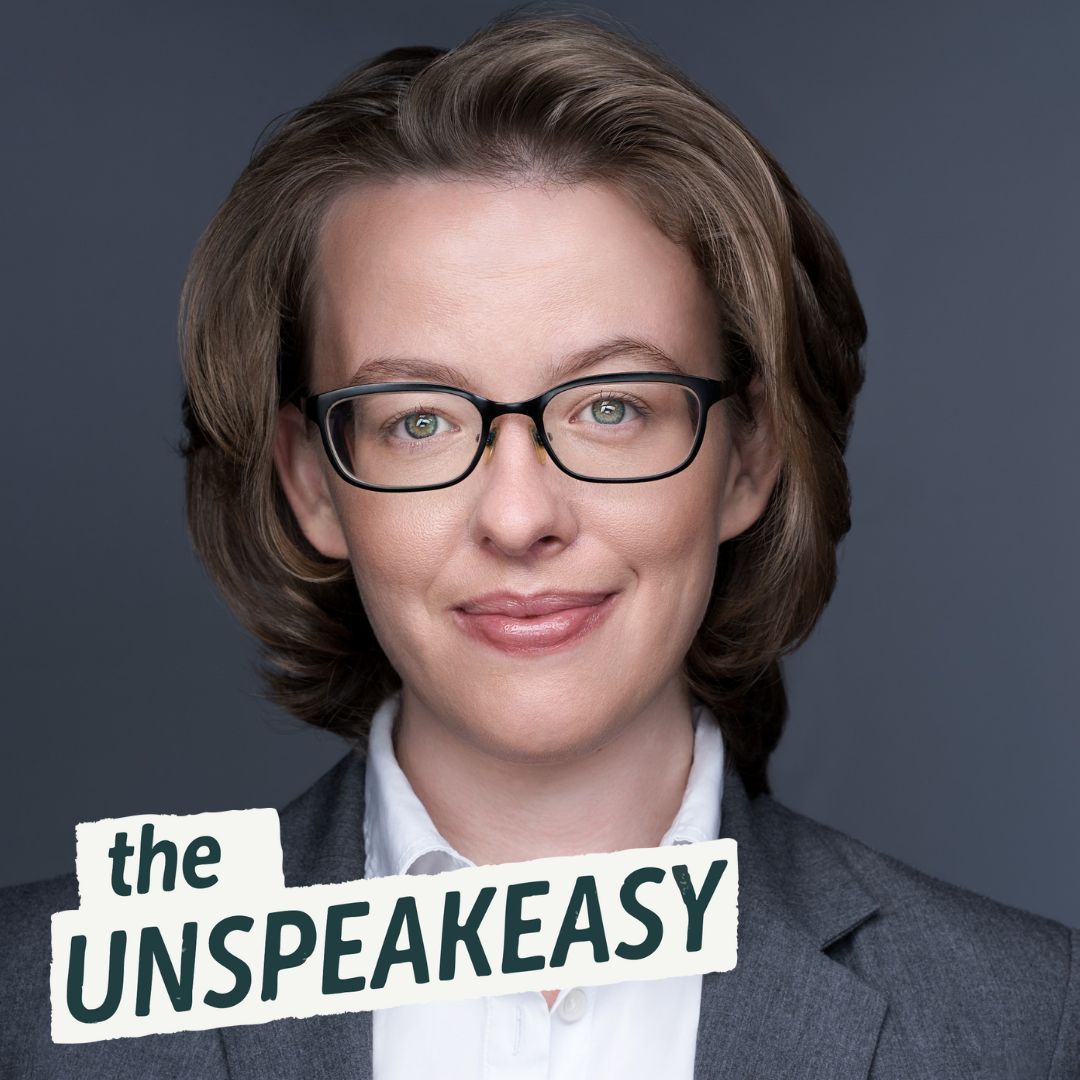


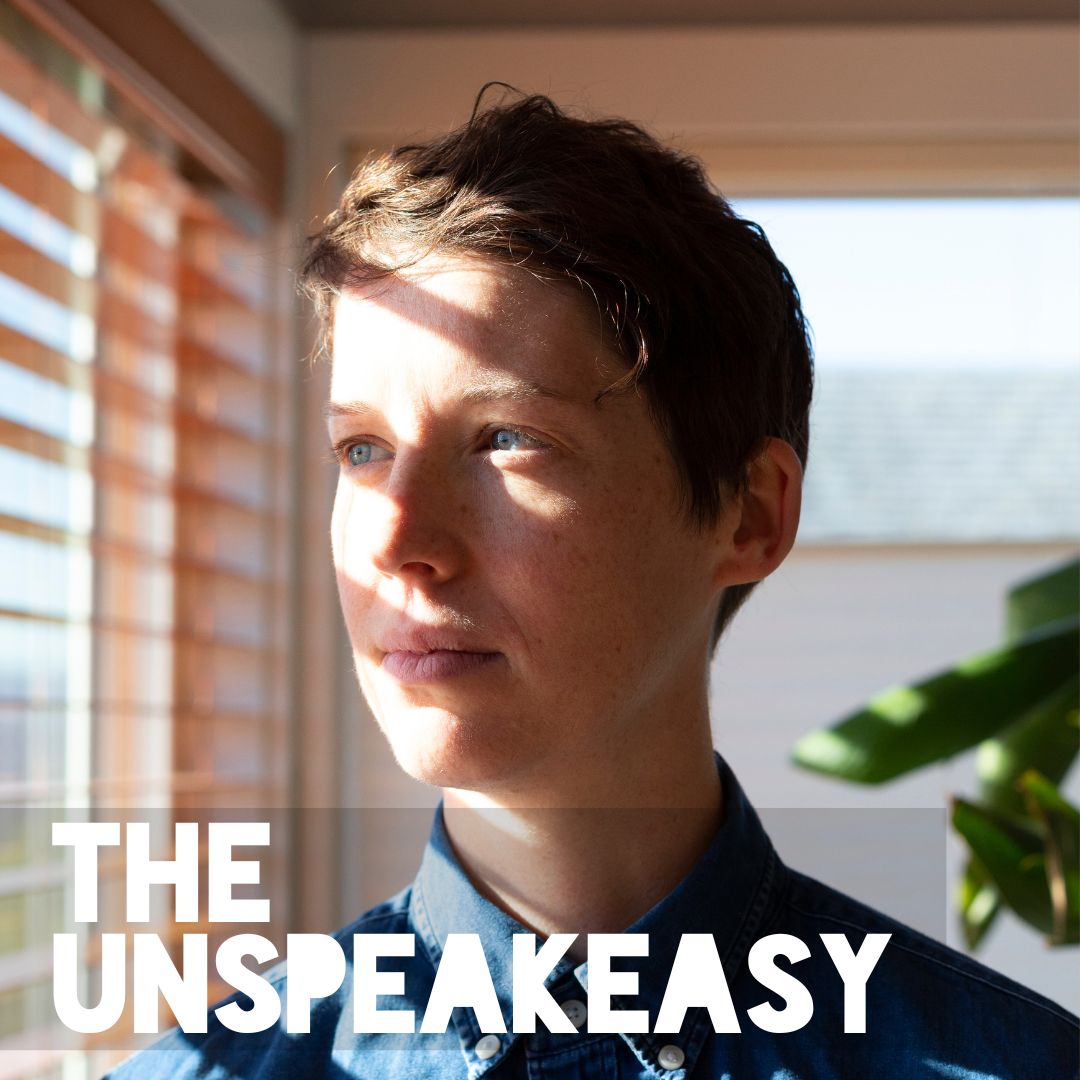
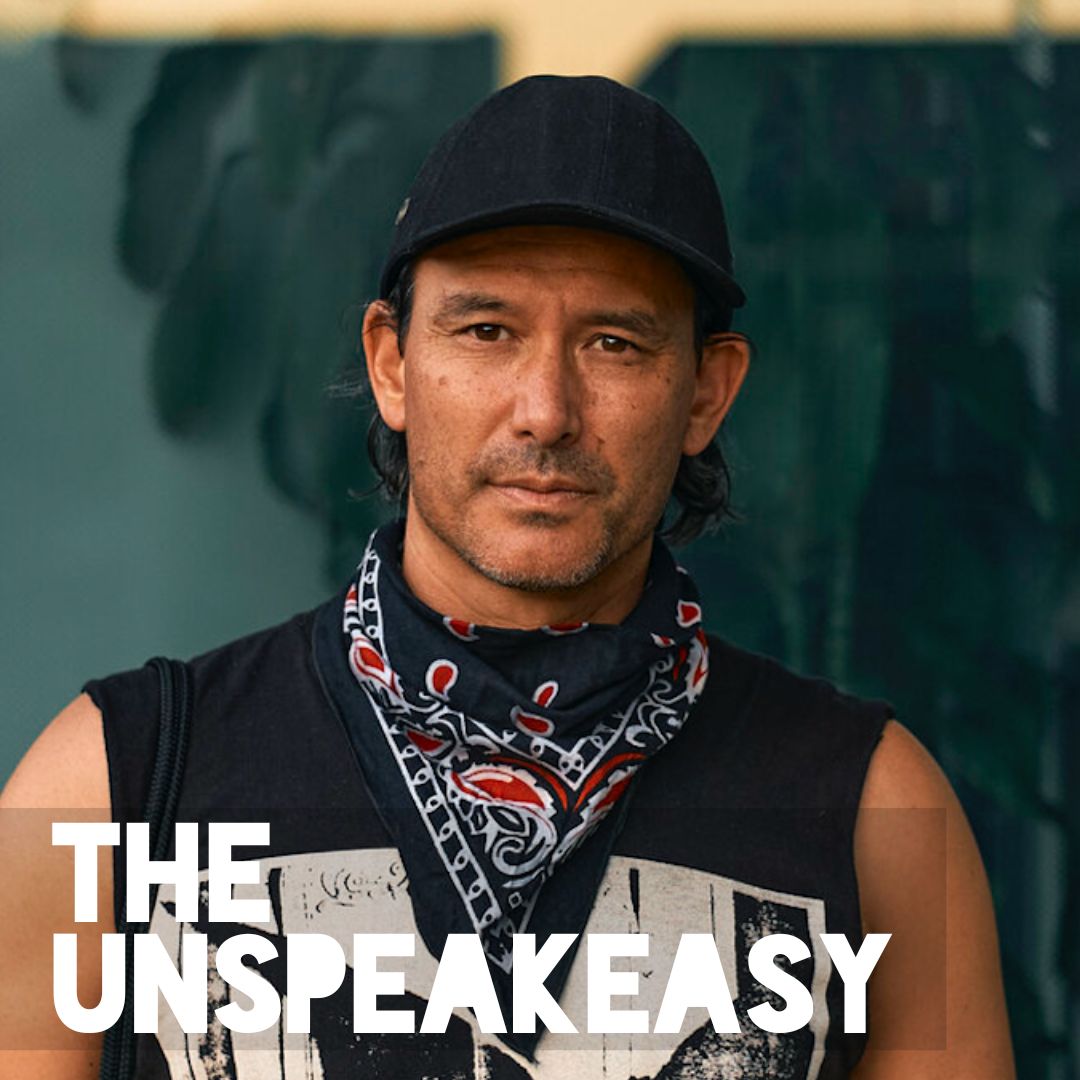
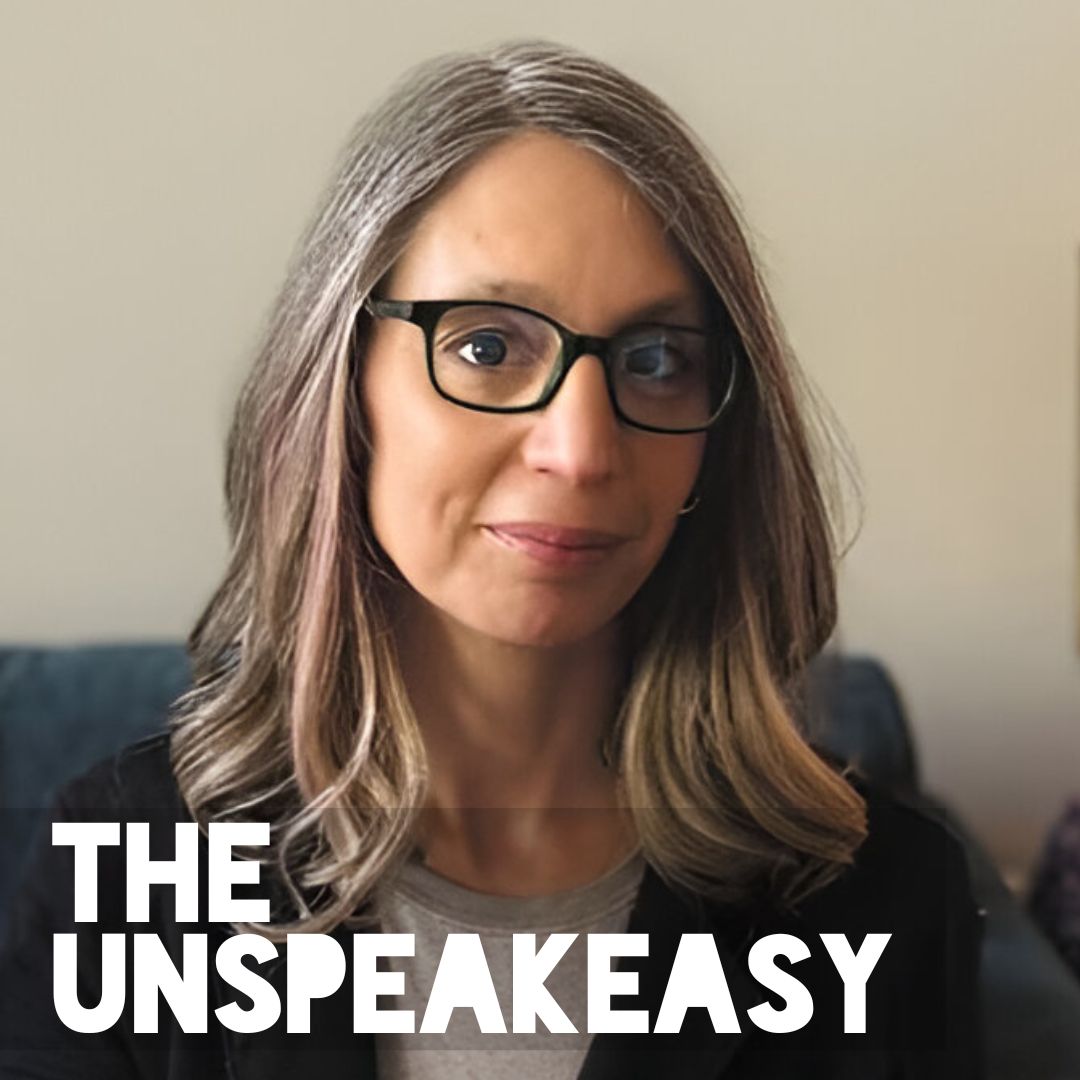
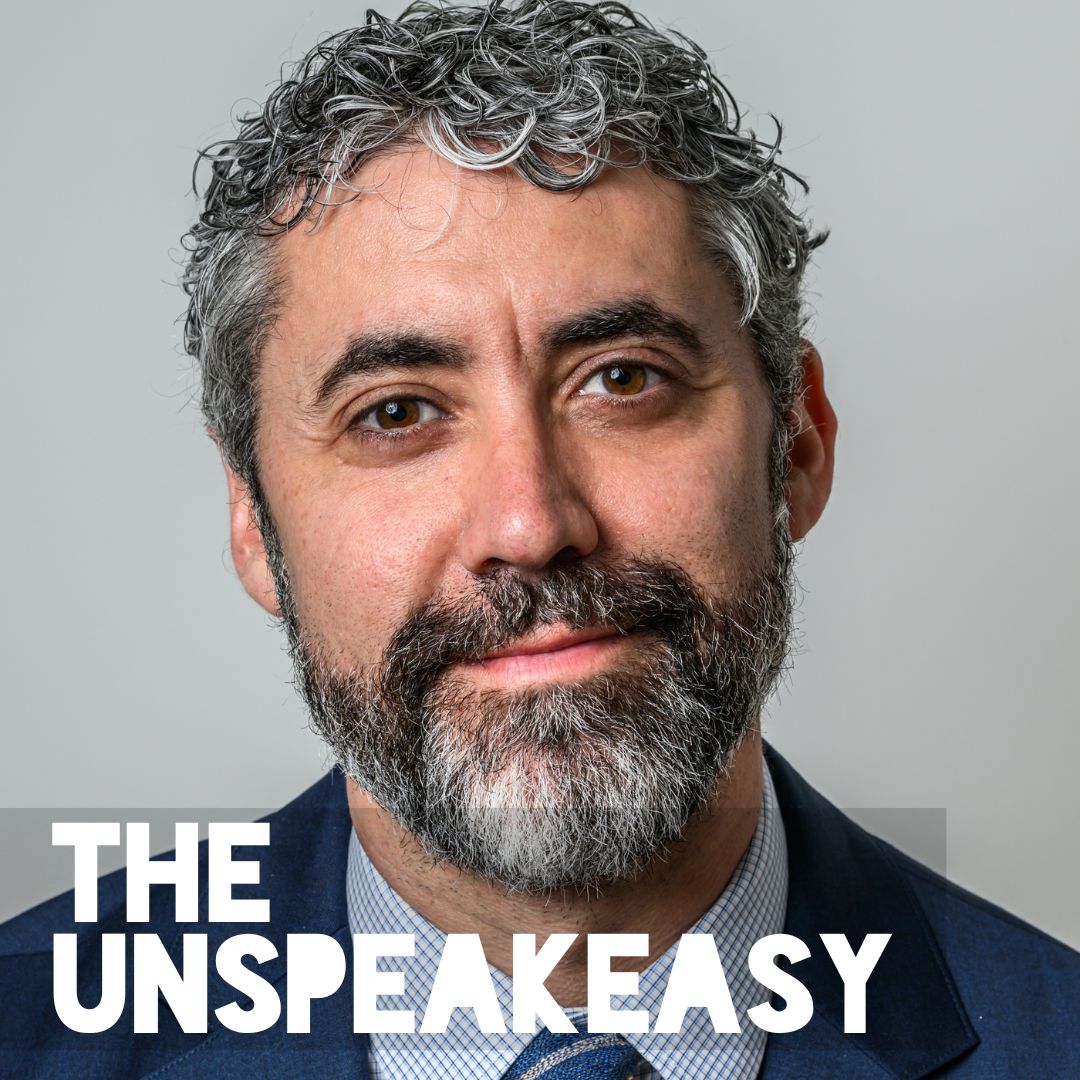
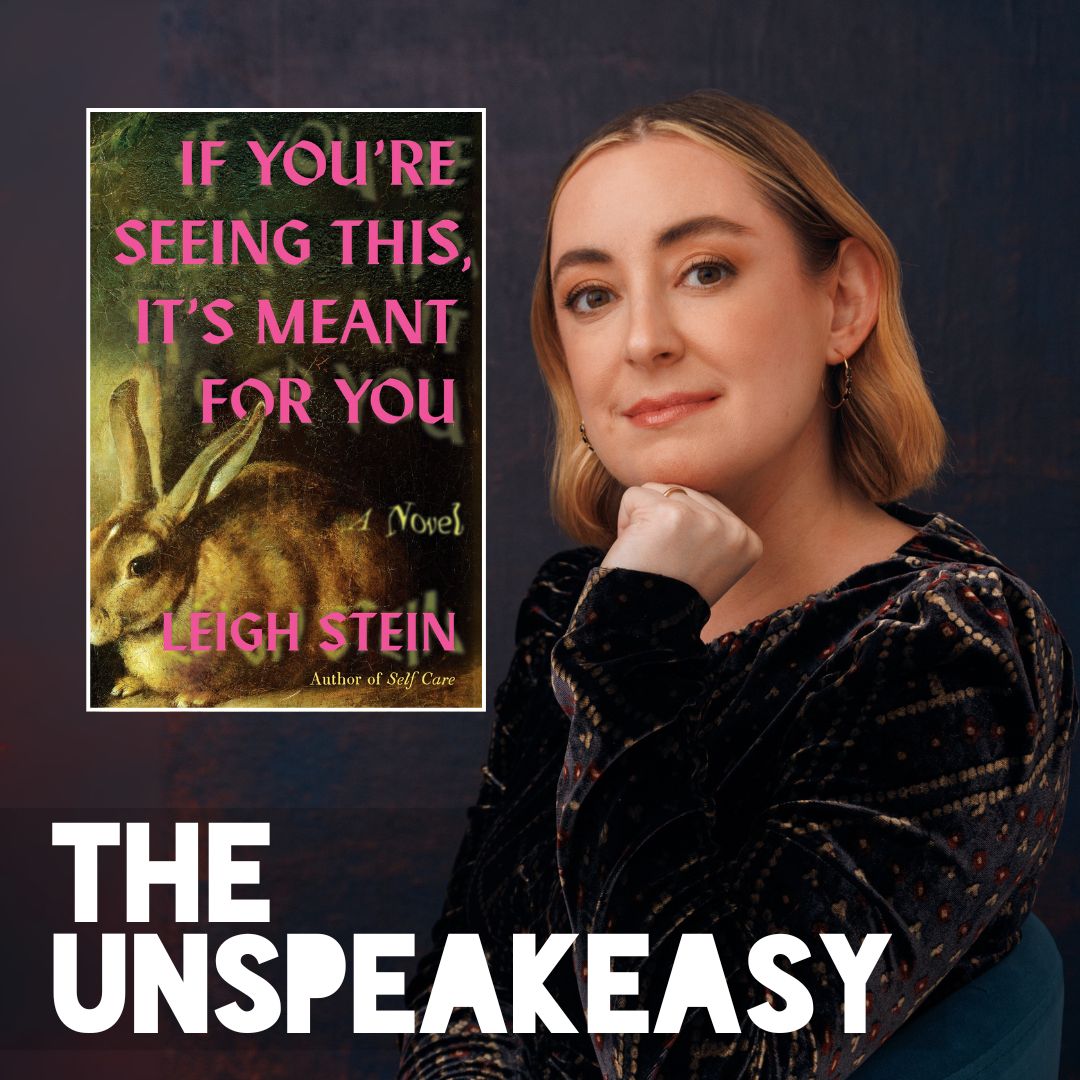
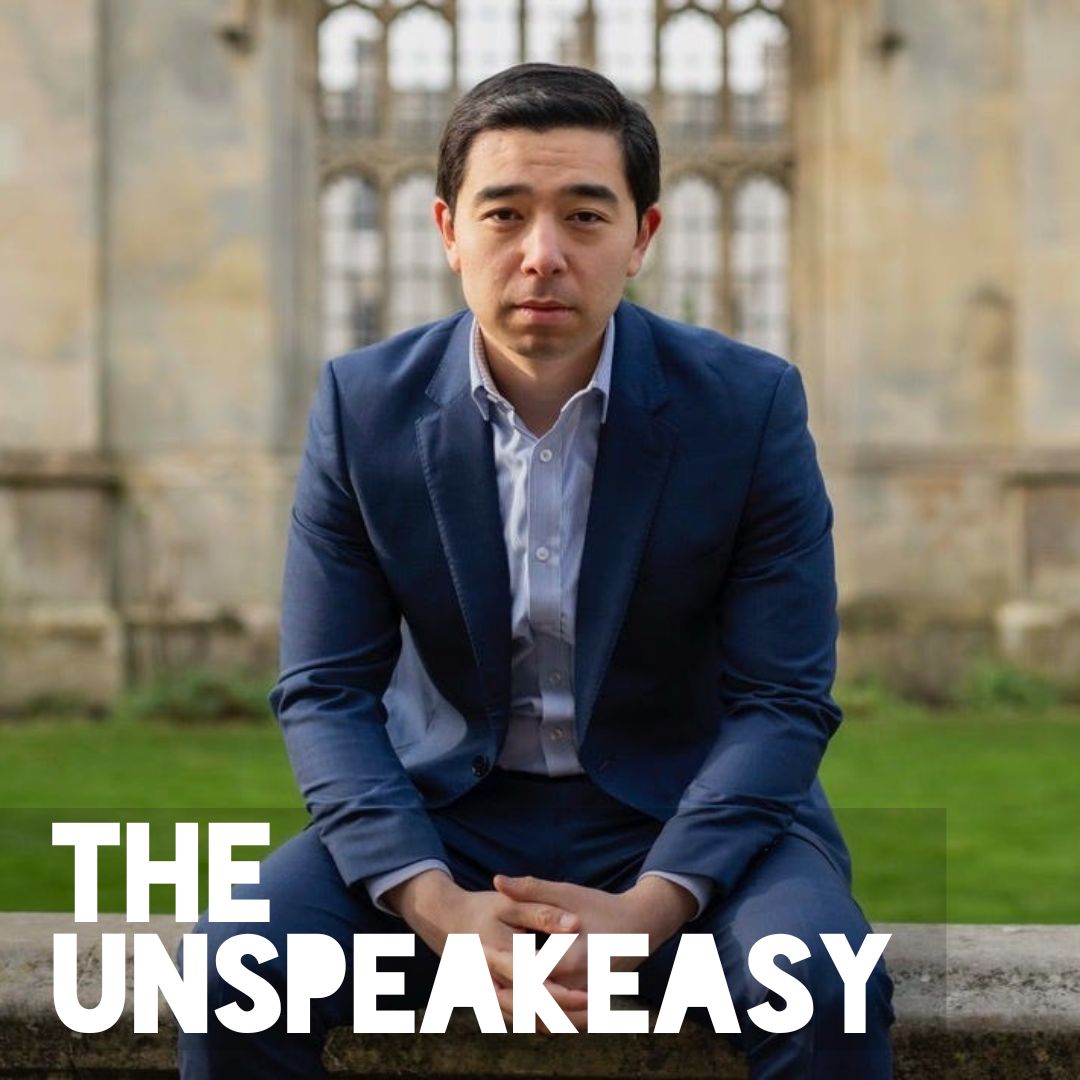

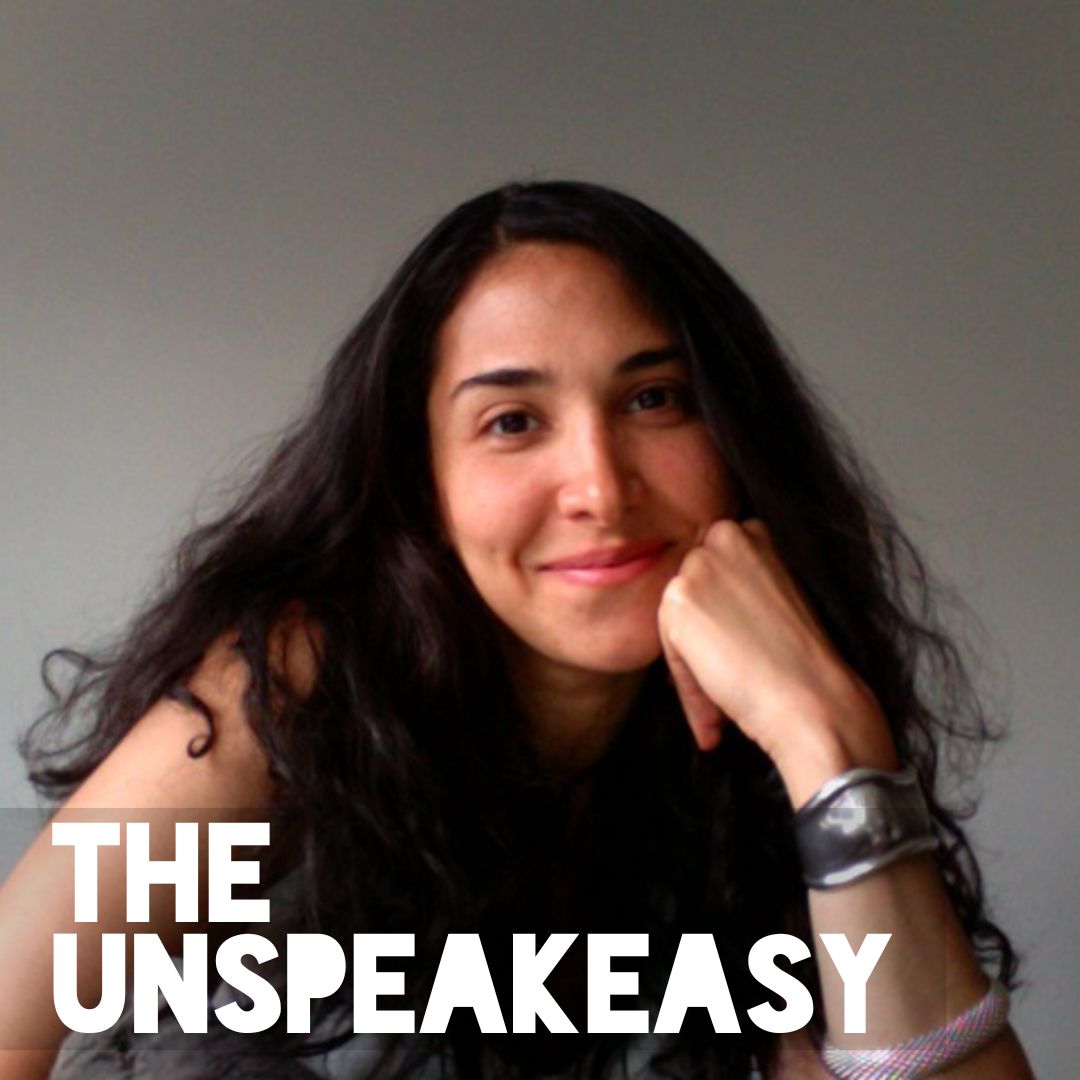
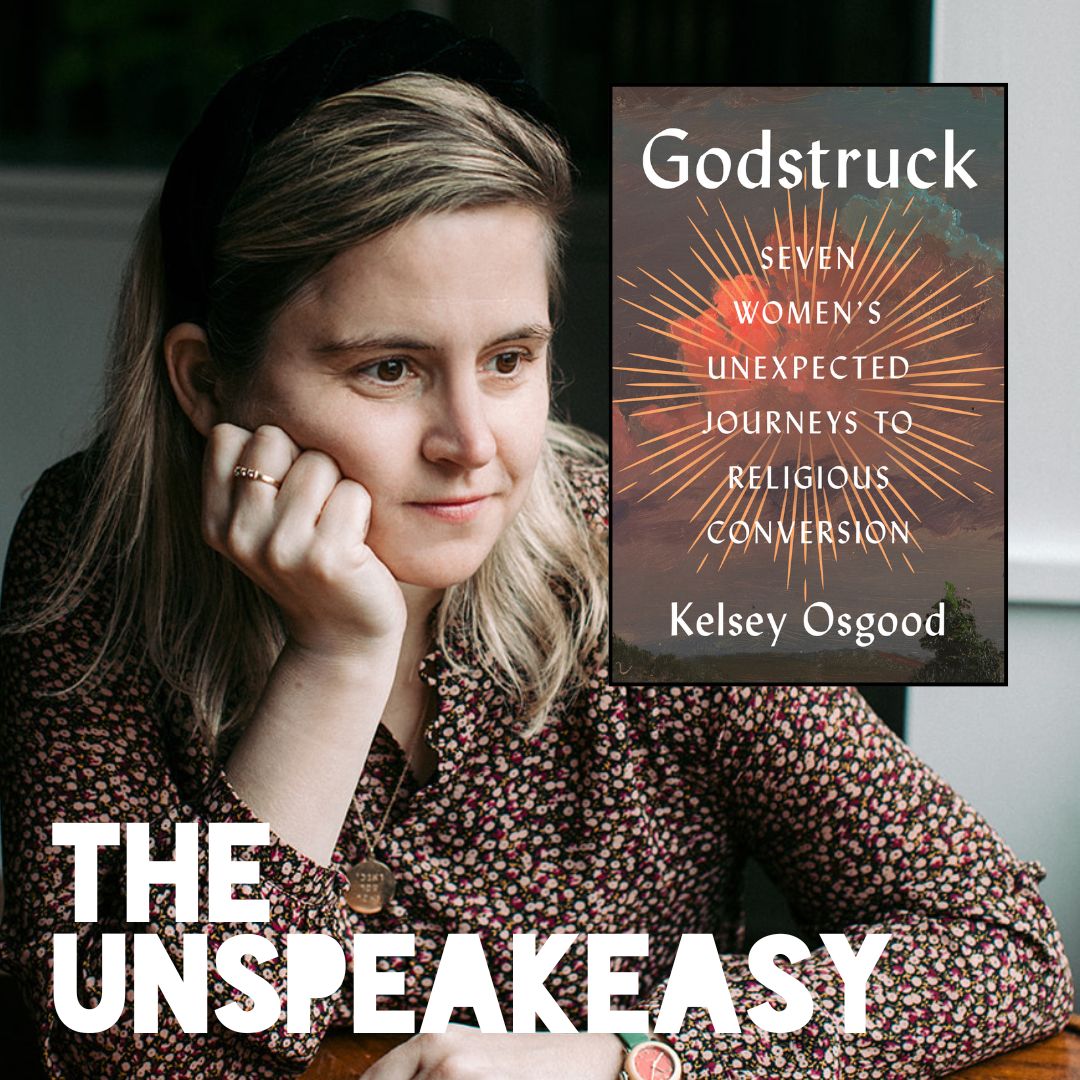

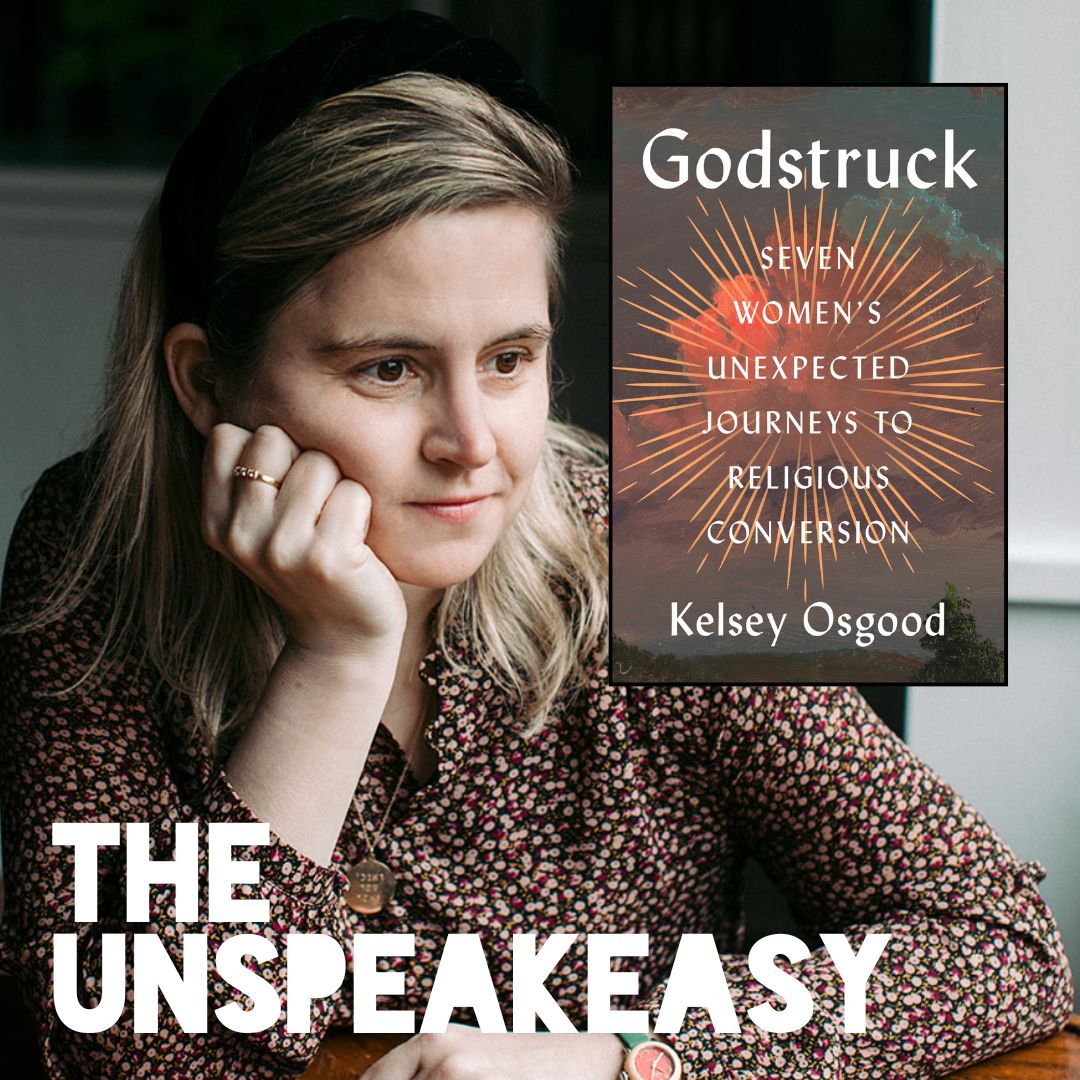
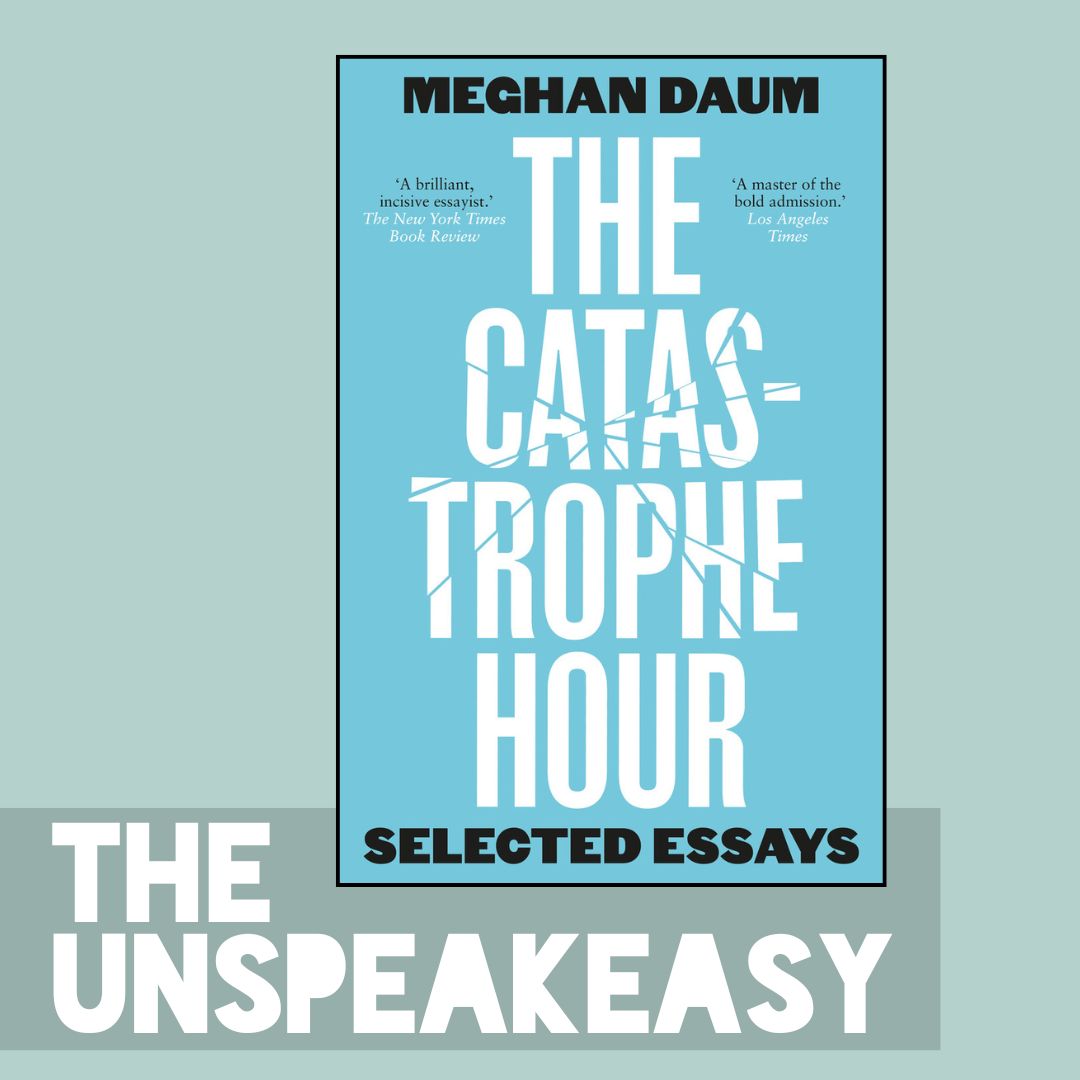
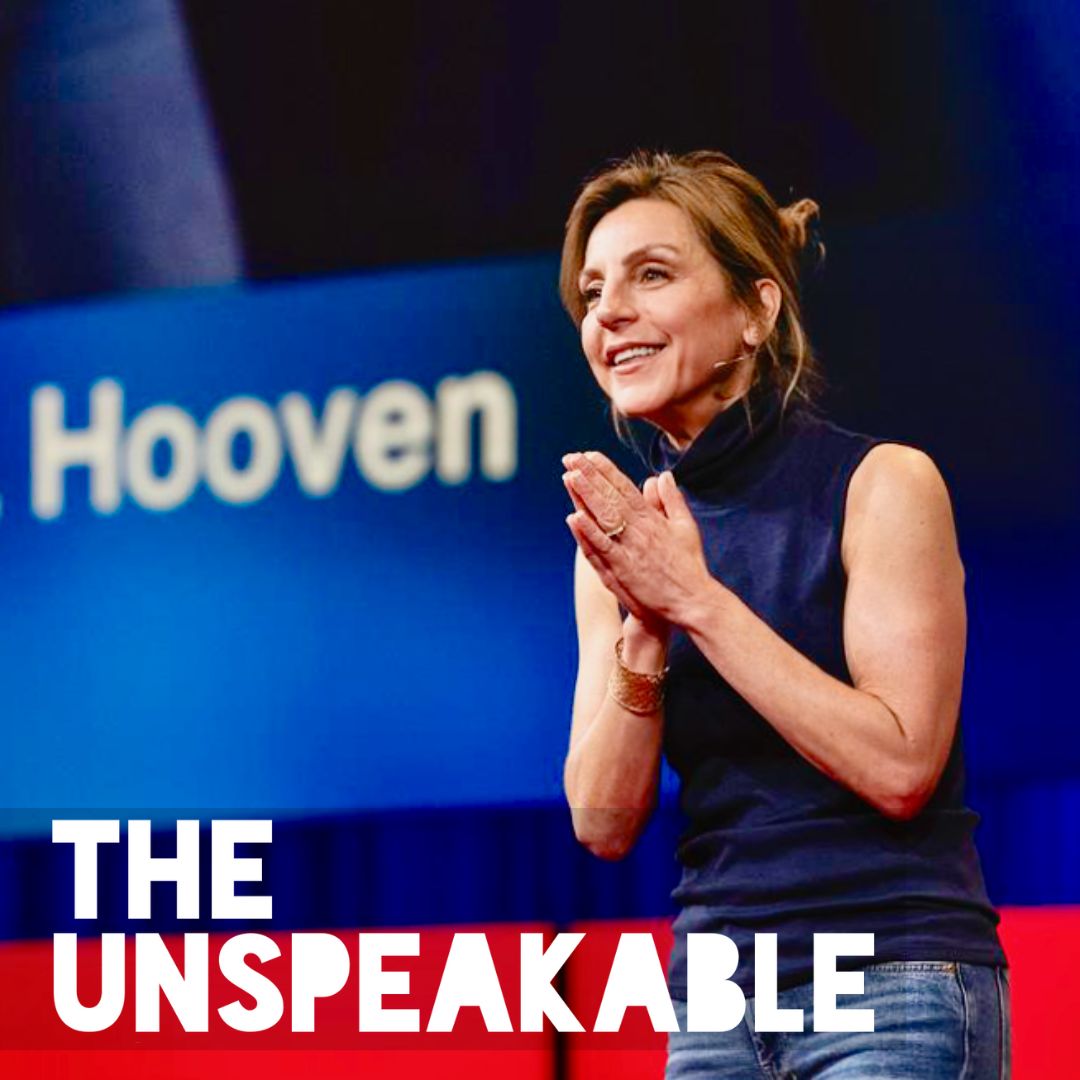
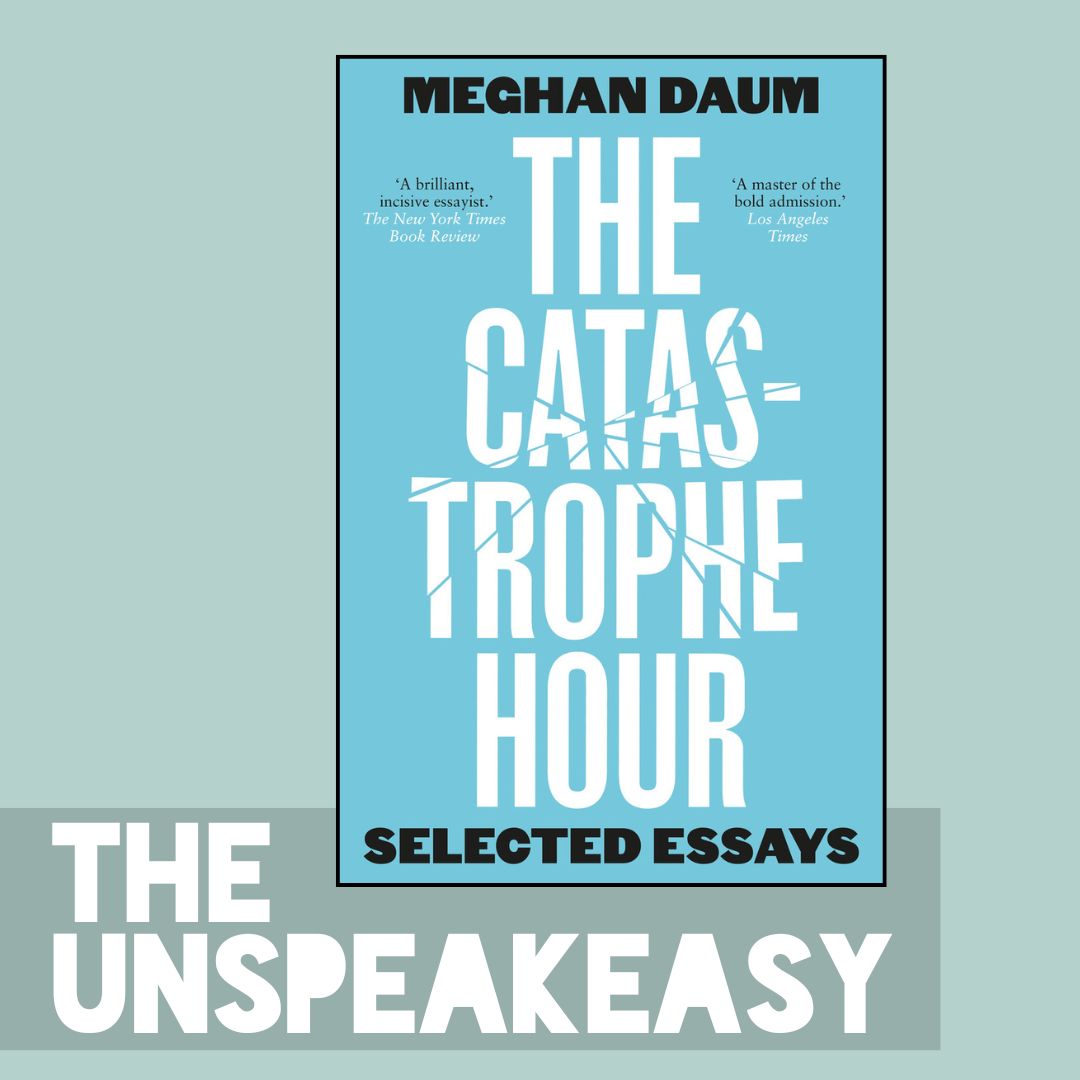



I'm so very sorry that you lost your home. All the best to you, your neighbours and your loved ones.
Sending positive vibes and stay safe!
The part about Semenya doesn't make sense. It *is* known which condition he has, which is a dsd that afflicts males. He has 5-alpha-reductase deficiency, in short: 5-ARD. Please, let's not kid ourselves here. It's really weird that Stock knows all kinds of details about dsd's but that she doesn't know that Semenya is a male with a dsd that afflicts boys and men. And I'm disappointed in Daum who's a great interviewer who always seems to do her homework but doesn't know this basic fact either.
Interesting episode. A pity though that Grigg doesn't seem to have a good microphone. For ppl like me, for whom English isn't their mother tongue, it's often quite hard to understand what she's saying. I love listening to Daum though. Her questions seem often spontaneous but I'm pretty sure that she's prepared really well (because she's always well informed, and the 'spontaneous' questions make sense) – and that's a golden combination in my view.
"We all wanted to be Lisa Bonet." -- haha, so true! Really nice interview. I love your podcast, Meghan. The sometimes rumbling way you ask questions is right to my heart. Because it's always about a real dialogue. It really is enriching my life. Thank you!
Enjoyed the conversation, thanks.
I've never heard to people with more similar voices! Great episode.
Excellent interview, thanks.
I can't stand Bob Dylan either. I am still angry that he was awarded a Nobel prize.